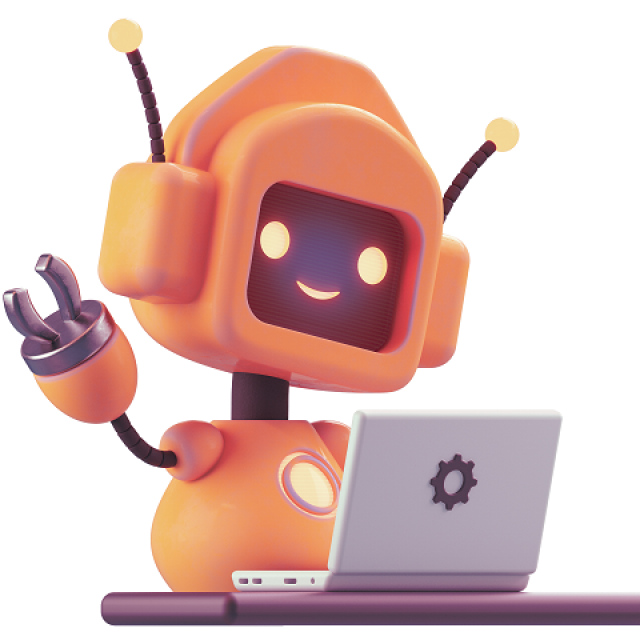
Rotterdam University of Applied Sciences is experimenting with replacing teachers with ChatGPT during an educational seminar. Is that smart or a risk?
On Friday 12 May, Rotterdam University of Applied Sciences is organizing a seminar on developments in higher education. On this day, companies, students, teachers and researchers from Rotterdam University of Applied Sciences will provide various lectures and workshops around ChatGPT, OpenAI’s groundbreaking language robot. One workshop draws attention: a session in which an attempt is made to replace a teacher with ChatGPT. Does this turn out to be a valuable addition or is it rather a risk?
ChatGPT
The workshop is led by Rob van der Willigen, tech lead of the AI & Ethics program at Hogeschool Rotterdam. During the workshop, participants become acquainted with the possibilities and limitations of ChatGPT and at the same time map out the ethical aspects. Questions that are central during the workshop include: do you still need a teacher with the arrival of ChatGPT? Which aspects of a teacher could or could not be replaced by ChatGPT? And can higher education become a plugin of ChatGPT in the future?
Interaction between AI and ethics
“This workshop is an excellent opportunity to show what AI technology like ChatGPT can do, but also to highlight the ethical considerations involved, as it is crucial that we ensure that such systems are always designed and used in a way that benefits society,” says Pieter van Boheemen, program manager AI & Ethics at Rotterdam University of Applied Sciences. “The power and ease of use of AI technology is expected to lead to widespread adoption, both in education and in many other organizations, but also has downsides. For example, the past has proven that AI language models can also unintentionally discriminate in application processes. By discussing ethics in the context of the ChatGPT seminar, we can emphasize the importance of taking social responsibility when developing and deploying this technology.”